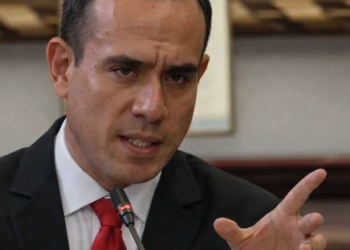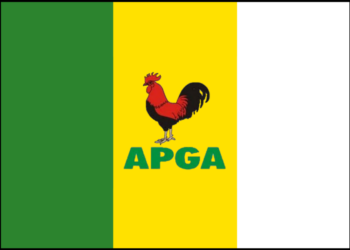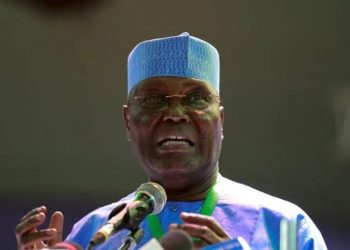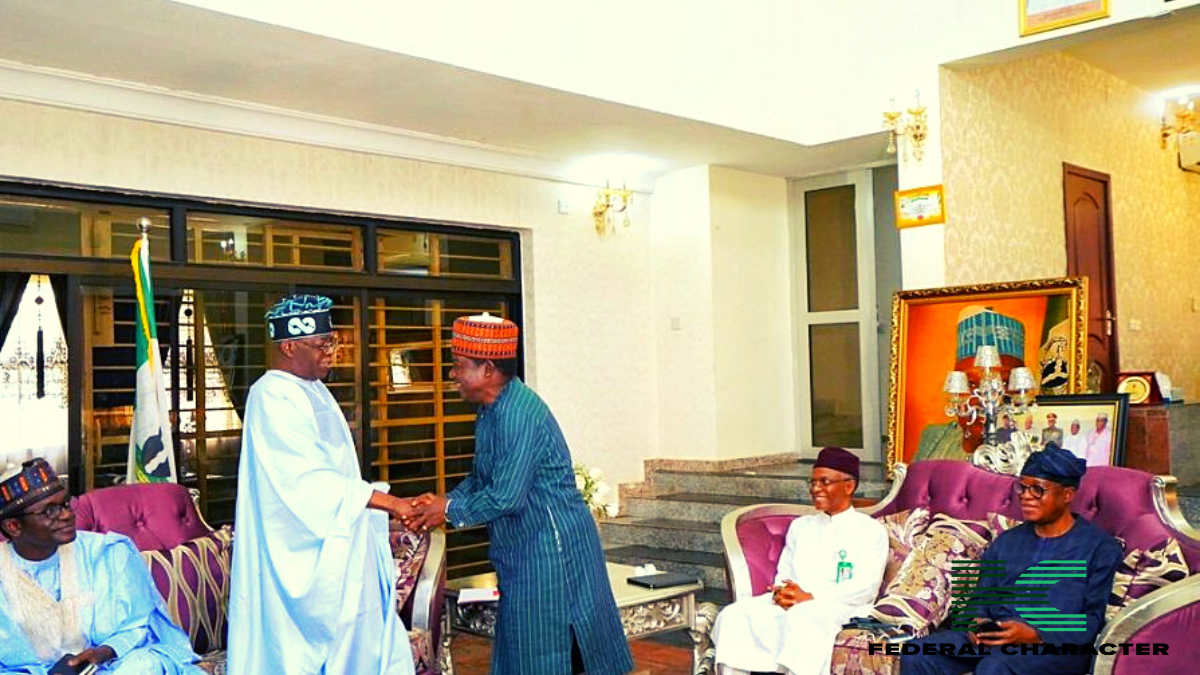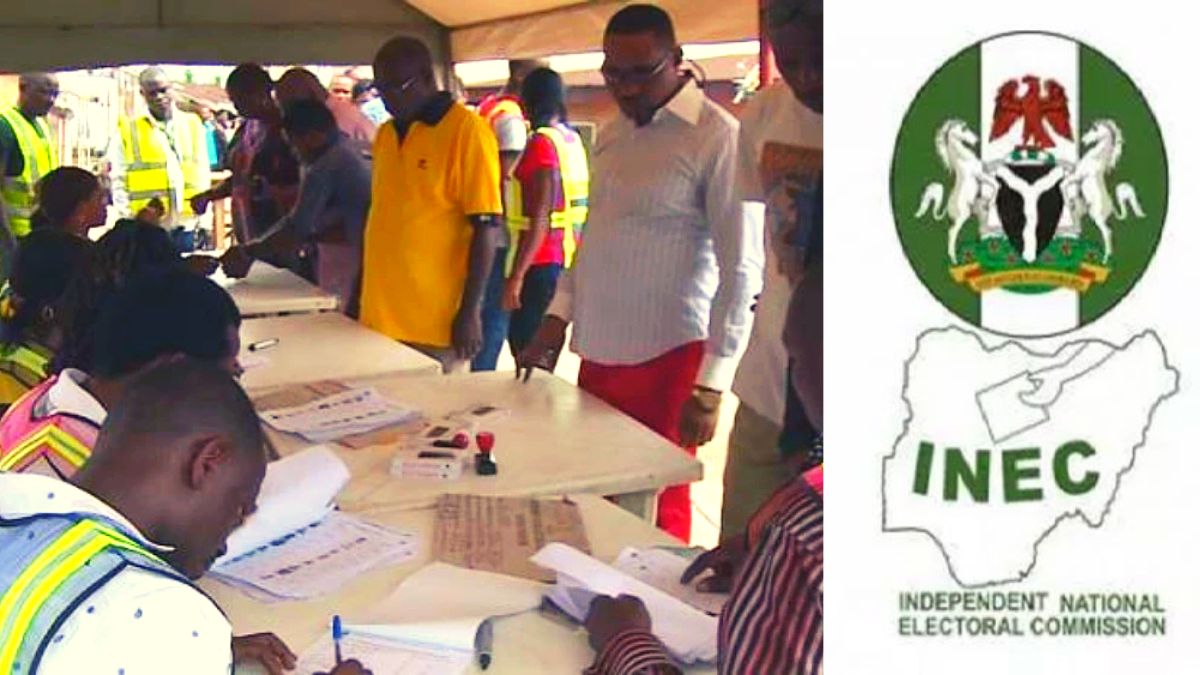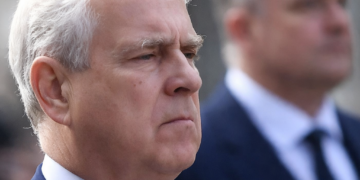Former Imo State Governor Achike Udenwa has forcefully reignited a long-simmering national debate, declaring that Nigeria’s Southeast geopolitical zone must be granted a sixth state to end its “marginalisation” and bring it to parity with the rest of the country.
In a television interview on Monday, Udenwa argued that the region’s five-state structure has cost it significant political power and economic benefits, a disparity that fuels longstanding grievances. His statement throws a powerful political voice behind a constitutional move that is already under consideration by the National Assembly, setting the stage for a major political showdown.
Udenwa laid out a clear case for the tangible losses suffered by the Southeast. “We know that every other zone in this country has six states, and the Northwest has seven,” he stated. This imbalance, he detailed, translates directly into a deficit of three senatorial seats, reduced representation in federal revenue sharing, and fewer opportunities across the board.
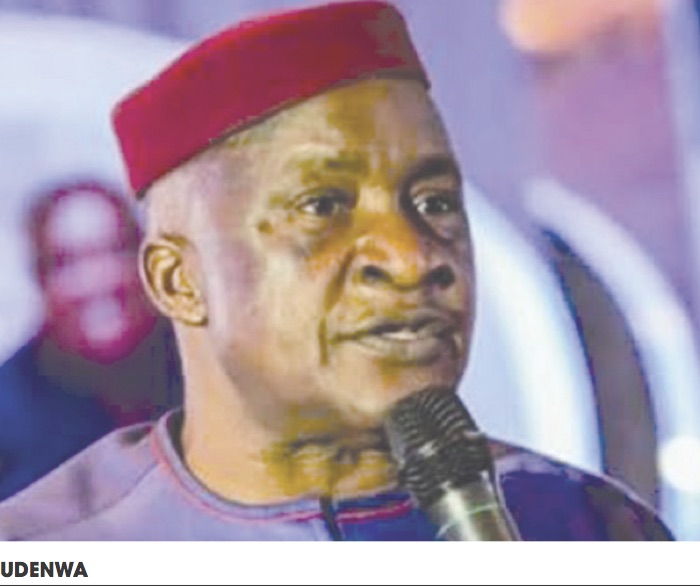
His intervention comes at a critical juncture, as the Joint Committee of the Senate and House of Representatives on the Constitution has already approved the creation of an additional state for the Southeast. Udenwa’s push adds significant weight to the proposal, framing it not as a request but as a necessary correction of a historical injustice.
Why It Matters
Achike Udenwa’s declaration is not just an ordinary commentary; it is also a strategic political salvo in a fundamental battle over Nigeria’s federal structure. The Southeast’s five-state status is a symbol of systemic exclusion that has been a primary driver of separatist agitation and regional discontent.
By quantifying the loss in terms of senate seats and revenue, Udenwa moves the argument from emotional grievance to a concrete demand for equity. The National Assembly now faces a crucial test: will it act to heal this festering wound and strengthen national unity, or will it allow this imbalance to continue, perpetuating the very marginalization that undermines the fabric of the Nigerian state?


